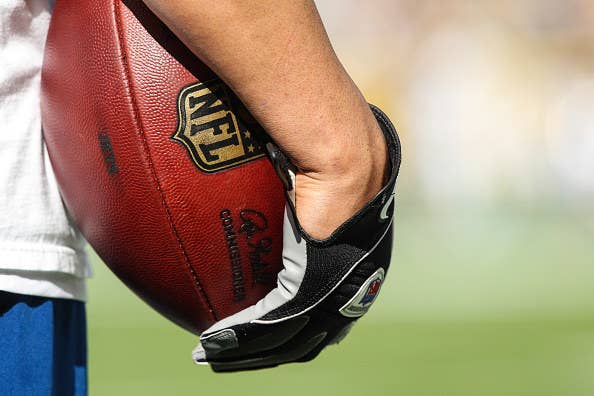
A new study from the Boston University School of Medicine confirms a relationship between tackle football played by children younger than 12 and impaired brain development later in life.
The study was done on 42 former NFL players between the ages of 40 and 69 who were divided into two groups: Those who began playing tackle football before the age of 12, and those who began later. Participants underwent a large number of tests, ranging from psychiatric evaluations to neuroimaging. Players averaged seven to nine years in the NFL and 17-20 years of total play.
Results of the study determined that players subjected to repetitive head trauma before they turned 12 were more likely to experience cognitive impairment later in life. Researchers chose the age of 12 as their boundary due to previous studies on adolescent brain development.
Given standard neurological assessment tests, researchers found a "significant" difference between the results of the two groups. Those who began playing tackle football before the age of 12 produced mean scores that were not only noticeably lower than those of their counterparts, but that were below the standard deviation of the tests. That is to say, their scores were lower than that of the average test taker.
The researchers also asserted that though there was a divide between the cognitive function of the two groups, it doesn't prove that starting tackle football after turning 12 is any safer.
Participation in youth football dropped 9.5% between 2010 and 2012, likely due to greater awareness of the link between football (and repetitive head trauma, both concussive and non-concussive) and neurological damage.
Last year, the NFL attempted to settle a lawsuit filed on behalf of 5,000 former players for $675 million. But after further examination, a judge determined that the amount offer was not enough to cover the substantial medical needs of former players suffering from injuries sustained during, or as a result of, the game and rejected the deal.
